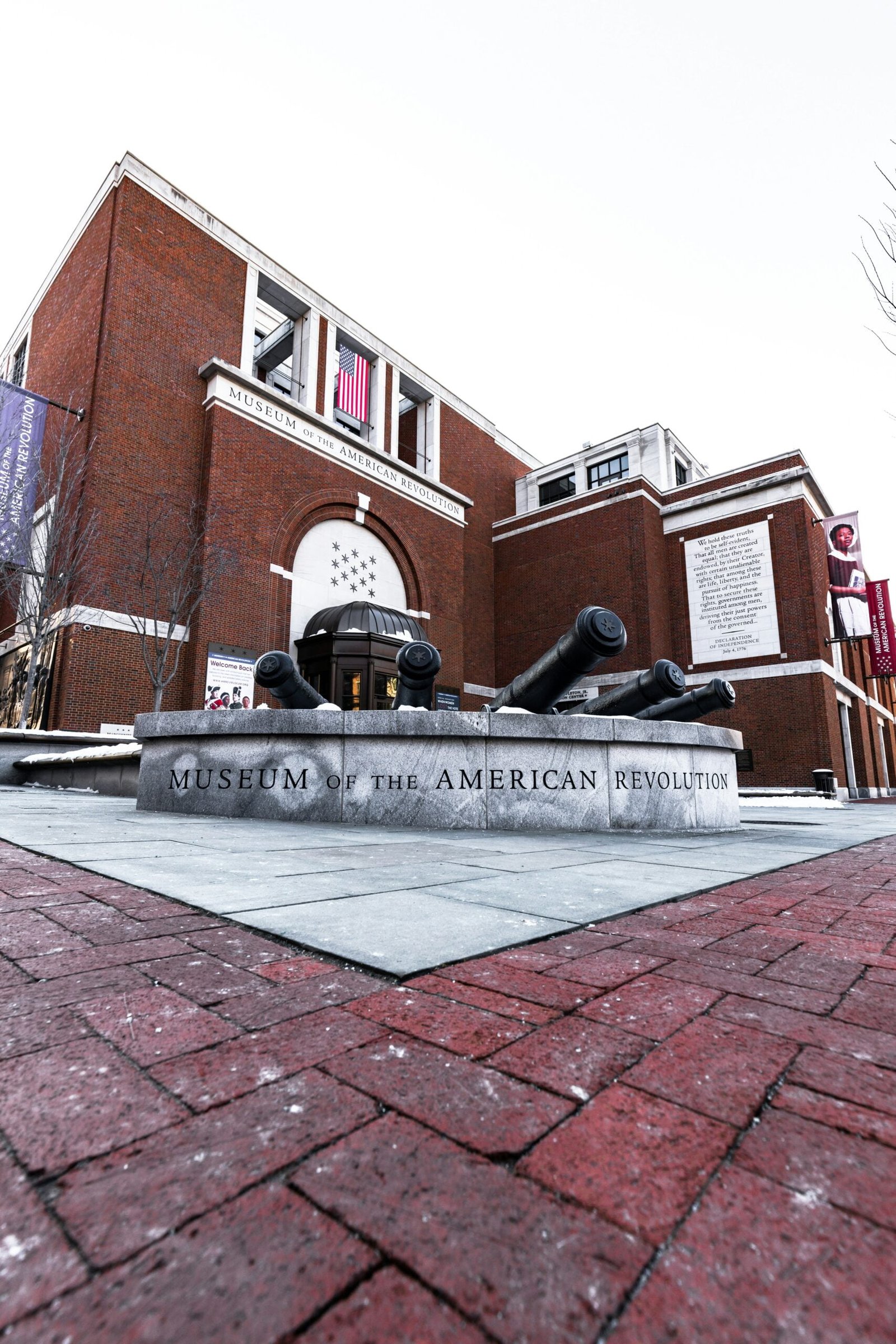US History March’s Triumphs and Trials
Significant Events in US History in March
1. American Revolution: The Boston Massacre in us history
On March 5, 1770, the Boston Massacre took place, which was a pivotal event that ignited anti-British sentiments and played a role in the lead up to the American Revolution.
2. Women’s History Month
March is celebrated as Women’s History Month in the United States. It is a time to honor the contributions of women throughout American history and recognize their achievements in various fields.
3. Civil Rights Movement: “Bloody Sunday” in Selma
On March 7, 1965, the “Bloody Sunday” march in Selma, Alabama, brought attention to the ongoing struggle for voting rights and became a significant moment in the Civil Rights Movement.
4. Presidential Inaugurations
March has witnessed the inaugurations of several US presidents. Notable examples include Franklin D. Roosevelt, who was inaugurated on March 4, 1933, and Ronald Reagan, who took office on March 4, 1981.
5. Social and Cultural Events
March is a month filled with social and cultural activities across the United States. From St. Patrick’s Day celebrations to various cultural festivals, it is a time when communities come together to celebrate their heritage and traditions.
Additional Significant Events in US History in March
In addition to the above, there are several other significant events that have shaped the history of the United States during the month of March:
Texas Independence
On March 2, 1836, Texas adopted the Texas Declaration of Independence from Mexico, marking a significant milestone in the fight for independence.
American Civil War: Battle of Hampton Roads
The Battle of Hampton Roads took place on March 8-9, 1862, and was the first clash between ironclad warships, namely the USS Monitor and the CSS Virginia. This battle revolutionized naval warfare.
Invention of the Telephone
Alexander Graham Bell patented the telephone on March 7, 1876, revolutionizing communication and paving the way for the modern telecommunications industry.
Labor Movement: Recognition of Labor Day
On March 1, 1894, the United States recognized Labor Day as a federal holiday. This decision followed labor strikes and unrest, highlighting the importance of workers’ rights and the labor movement.
World War II: Establishment of the Women’s Army Corps (WAC)
On March 15, 1942, the United States established the Women’s Army Corps (WAC), allowing women to serve in non-combat roles during World War II and making significant strides towards gender equality in the military.
Space Exploration: Apollo 9 Mission
NASA launched the Apollo 9 mission on March 5, 1969, which played a crucial role in testing the lunar module and bringing astronauts one step closer to landing on the moon during the Apollo program.
End of Slavery: Abolition of Transatlantic Slave Trade
March 2, 1807, marked the abolition of the transatlantic slave trade in the United States, a significant milestone in the fight against slavery and the quest for equality.
Environmental Protection: Establishment of Yellowstone National Park
On March 1, 1872, Yellowstone National Park was established, becoming the world’s first national park. This marked a significant step towards the preservation and conservation of natural landscapes for future generations.
Cultural Milestones: First Academy Awards Ceremony
The first Academy Awards ceremony took place on May 16, 1929, in Hollywood. This event honored outstanding achievements in the film industry and has since become an annual tradition that celebrates the art of filmmaking.
Scientific Advancements: First Photograph of the Moon
Scottish physician John William Draper captured the first successful photograph of the moon on March 23, 1840. This groundbreaking achievement opened up new possibilities for astronomical research and exploration.
Space Exploration: Mariner 10 and Mercury
NASA’s Mariner 10 became the first spacecraft to fly by Mercury on March 29, 1974. This mission provided valuable data and insights about the planet, contributing to our understanding of the solar system.
Civil Rights: Selma to Montgomery Marches
March 21, 1965, marked the end of the Selma to Montgomery marches, a series of protests and demonstrations that played a pivotal role in the Civil Rights Movement and the fight for equal voting rights.
Sports History: Wilt Chamberlain’s 100-Point Game
On March 2, 1962, Wilt Chamberlain, a basketball player for the Philadelphia Warriors, scored a record-breaking 100 points in a single NBA game. This achievement still stands as a remarkable milestone in sports history.
Healthcare: Affordable Care Act (Obamacare)
The Affordable Care Act, commonly known as Obamacare, was signed into law on March 23, 2010. This legislation aimed to expand access to healthcare for millions of Americans and brought significant changes to the healthcare system.
Aviation Milestones: Strongest Recorded Earthquake
On March 27, 1964, the strongest recorded earthquake in U.S. history occurred in Alaska. This earthquake, known as the Great Alaska Earthquake, had a magnitude of 9.2 and had a profound impact on the region.

